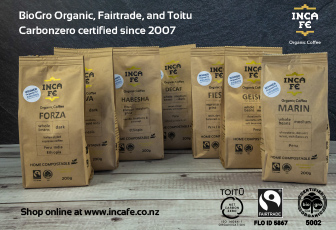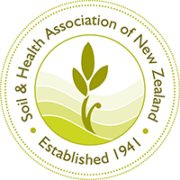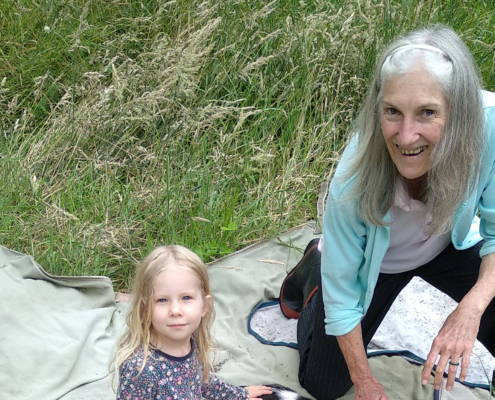 https://organicnz.org.nz/wp-content/uploads/sites/2/2024/12/IMG_20221227_164633-cropped-scaled.jpg
1256
2560
Staff Writer
https://organicnz.org.nz/wp-content/uploads/sites/2/2024/09/OrganicNZ-2024-Masthead.png
Staff Writer2024-12-19 11:25:302024-12-19 13:38:57My journey to healthier skin
https://organicnz.org.nz/wp-content/uploads/sites/2/2024/12/IMG_20221227_164633-cropped-scaled.jpg
1256
2560
Staff Writer
https://organicnz.org.nz/wp-content/uploads/sites/2/2024/09/OrganicNZ-2024-Masthead.png
Staff Writer2024-12-19 11:25:302024-12-19 13:38:57My journey to healthier skin2025 Calendars - Order Now!
Shop nowChoose from Beautiful Gardens Calendar or our N*de Gardening Calendar.

Join our Digital Membership to OrganicNZ / Soil & Health NZ
JOIN USAccess exclusive members-only digital content

Gift a Membership Today!
GIFT a MembershipShare the love of organics with a gift of an annual digital membership to OrganicNZ / Soil & Health NZ

Link to Features in category
Features
 https://organicnz.org.nz/wp-content/uploads/sites/2/2024/12/IMG_20221227_164633-cropped-scaled.jpg
1256
2560
Staff Writer
https://organicnz.org.nz/wp-content/uploads/sites/2/2024/09/OrganicNZ-2024-Masthead.png
Staff Writer2024-12-19 11:25:302024-12-19 13:38:57My journey to healthier skin
https://organicnz.org.nz/wp-content/uploads/sites/2/2024/12/IMG_20221227_164633-cropped-scaled.jpg
1256
2560
Staff Writer
https://organicnz.org.nz/wp-content/uploads/sites/2/2024/09/OrganicNZ-2024-Masthead.png
Staff Writer2024-12-19 11:25:302024-12-19 13:38:57My journey to healthier skin
Differently wired brains
What is neurodiversity? Understanding what is going on for people – especially children – is the only way to inform strategies and systems to help them cope with life, writes Mary Allan.
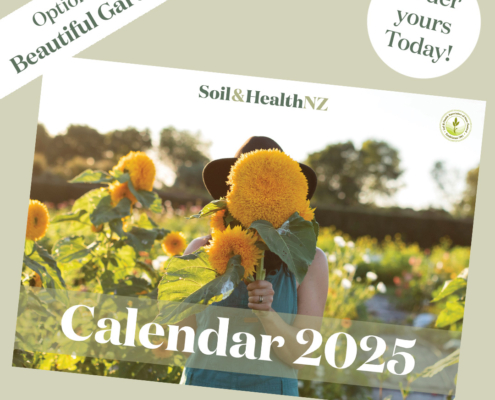
2025 Calendars for Sale
Our Calendars are back by popular demand. We have the sought after ‘N*de Gardening’ calendar, as well as a requested ‘Beautiful Gardens’ calendar (for those who prefer to hang a calendar that doesn’t get so much attention!). Both calendars include the moon phases.
Link to Features in category
Gardening
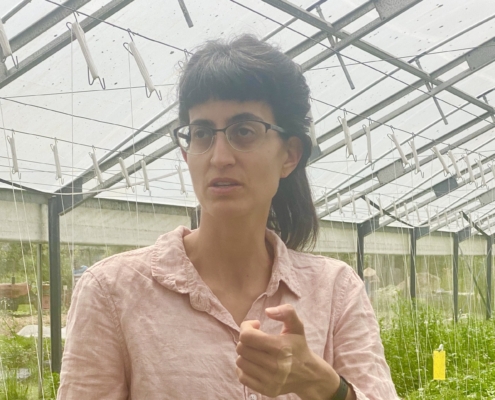
Working with the earth
Coral Ramiro is the manager of Earth Stewards certified organic urban farm in Kirikiriroa / Hamilton, and an alumna of the Earthworkers Hort 101 programme. She tells her story to Sarah Smuts-Kennedy.
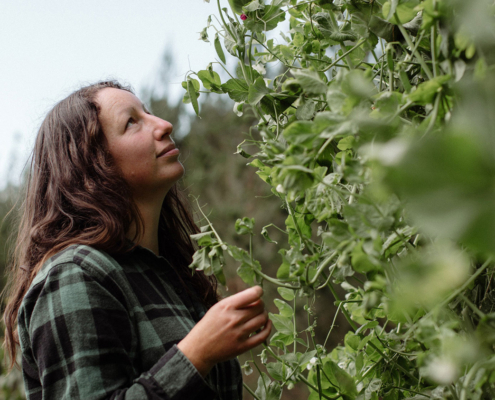
Moon Calendar Jan-Feb 2025
This coming January, we have a unique opportunity to experiment, and see the impact a particular aspect of the calendar can have on our environment. With the node coming up at 3pm on Sunday 19 January, we can sow radish seed hourly from 9am to 9pm, to see how the negative influence can arrive, and subside.
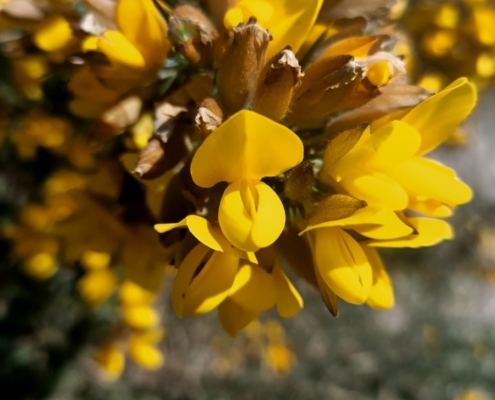
Stop, look and listen to the weeds
Organic gardeners and growers can be challenged by weeds. But if we learn to work with them – to observe what weeds grow where, we'll see what they're telling us about the soils.
Link to Features in category
Health and Food

Dark chocolate crunch bars (aka ‘healthy’ protein bars)
Each of these easy-to-make healthy protein bars gives you about 5 grams of protein - perfect for a snack!
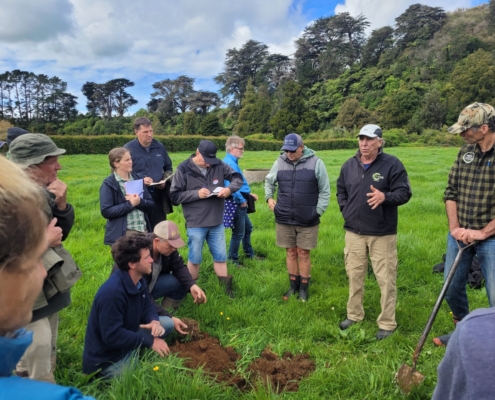
Creating on-farm fertility
Chaos Springs at Waihi run regular workshops about soil health, composting, and on-farm fertility. Jenny Lux reports on a recent workshop.
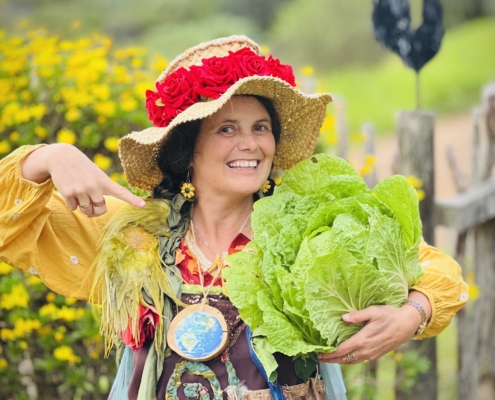
Spring into Kōanga!
Spring into Kōanga is a seasonal celebration on Waiheke Island. It’s one of the Kai for Community projects that focus on reconnecting with true seasonal celebrations and the stories and traditions around growing, harvesting and sharing food in the Waiheke community.
Link to Features in category
Farming and Horticulture
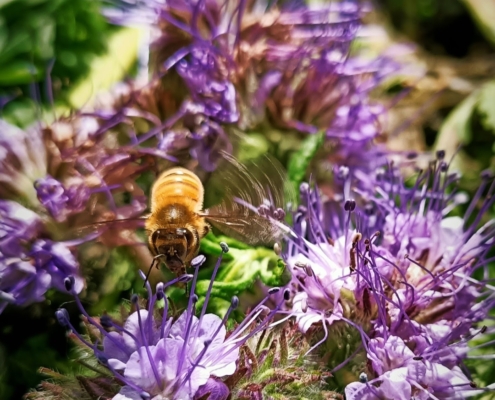
When Micromanaging is Good
Microbes are a big name in organic agriculture – in fact, they are the reason for everything. I’m not exaggerating here: the first life forms thought to have existed were – you guessed it – of such tiny proportions that you and I would have thought nothing of them. Story and photos by Paige Murray.
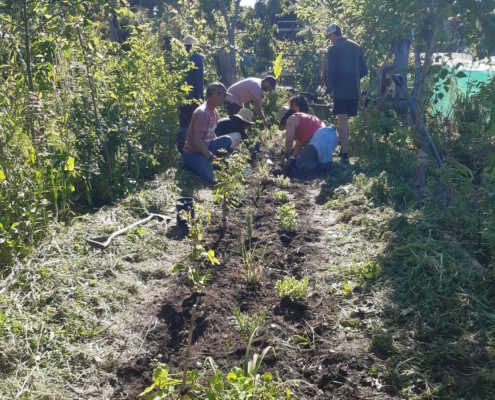
What is Syntropic Agroforestry?
Syntropic agroforestry speaks of biomimicry, creating a system that is like a natural forest. Ecological succession is a key pillar. All plant species have their life cycles; each finds its niche within a system and in turn flourishes then dies in its own time. Story and photos by Andy Jeffs.
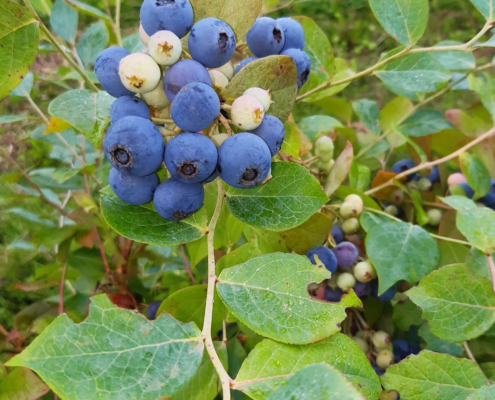
Winter Jobs for Blueberries in the Home Garden
There are many blueberry varieties available to the home gardener. Large and small, sweet and sour and everything else in between. They can be notoriously difficult to grow. So if you have some blueberry plants, here are a few winter jobs to help your plants to thrive. By Andy Jeffs.
Link to Features in category
Building and Technology
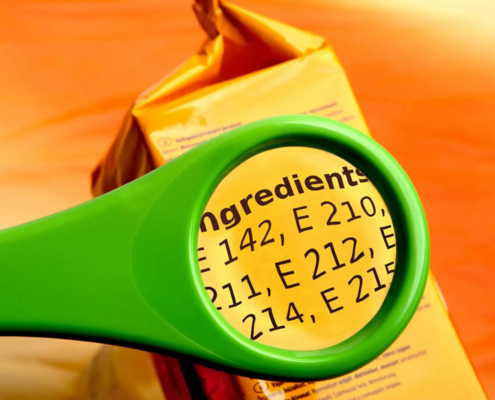
Shelf life – or human life?
There is a new system of industrial food manufacturing that produces edible substances that are not food, but rather food products containing novel, synthetic molecules never found in nature. These ever-increasing laboratory-engineered chemistry experiments are designed to simulate food.
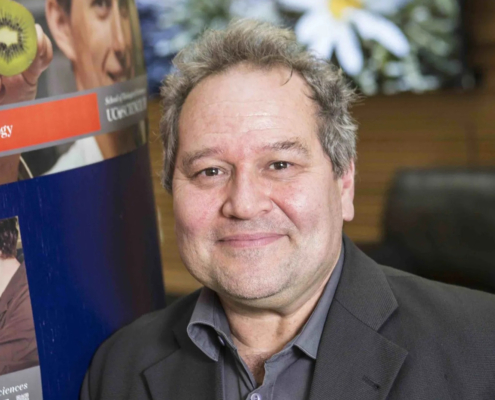
Critical Thinking on Gene Technology Regulation
Layers of manipulation and obfuscation are being used to package deregulation of gene technologies as a net positive. Bonnie Flaws outlines how, and why one of New Zealand’s leading biological science professors considers regulation the best tool we have to prevent risk.

Tourism doesn’t have to cost the earth
The tourism dollar is coming back, but at what cost? Claire Brunette investigates how New Zealand can, and does, balance the effect on the environment while still reaping the rewards in our economy.



